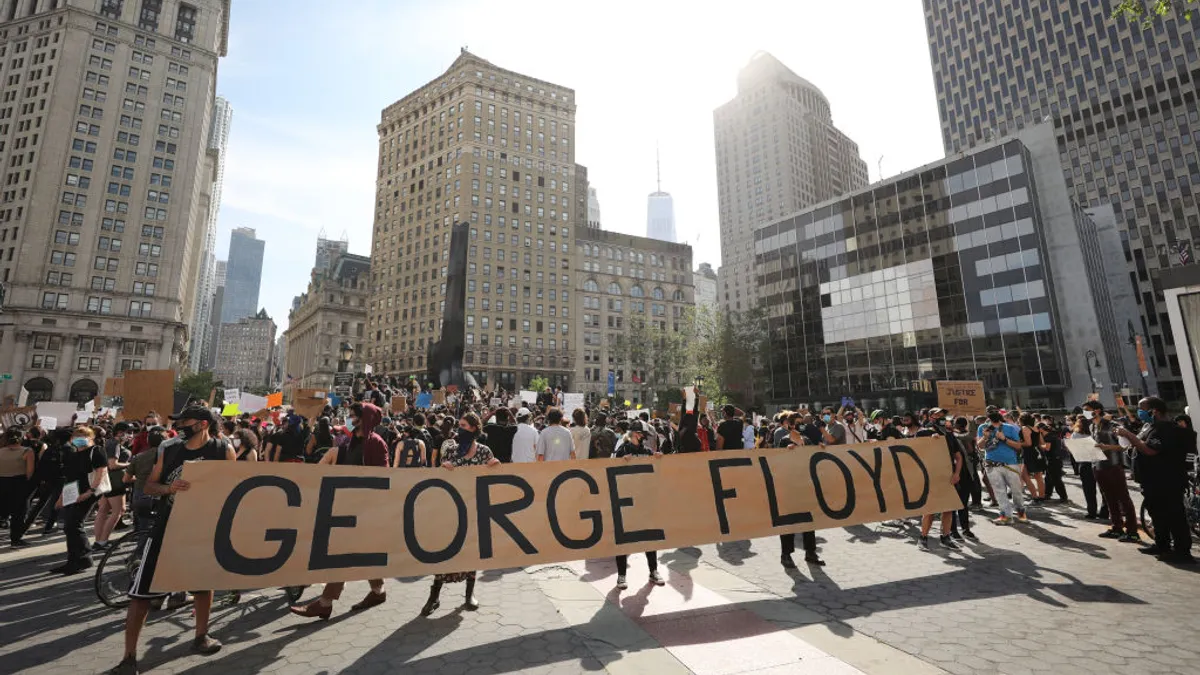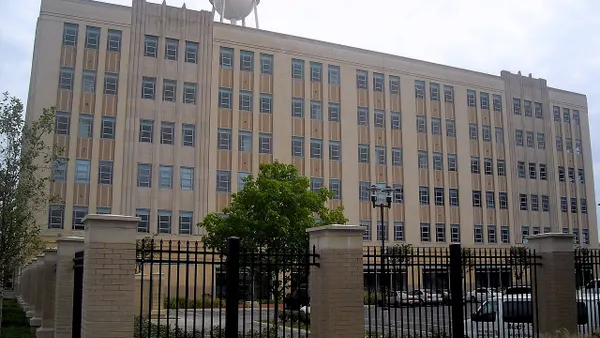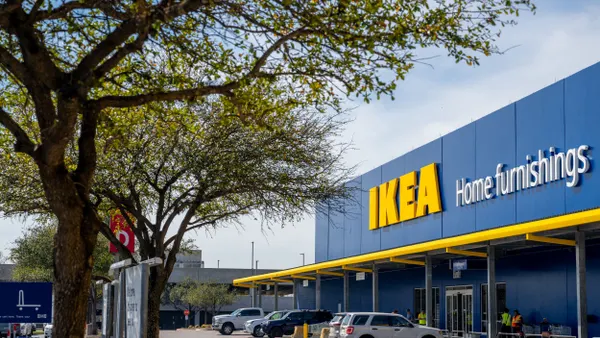Dive Brief:
- The Brooklyn Nets engaged in illegal workplace discrimination when it fired two team attendants who spoke out about racial justice, according to charges in a lawsuit (Bolden and Williams v. Brooklyn Nets, 21-cv-06328 (E.D.N.Y., Nov. 15, 2021)).
- The attendants were vocal about cultural racial disparities, speaking frequently about police brutality and the Black Lives Matter movement. Their manager pushed back on these discussions — both in person and on social media. Eventually, the manager banned the plaintiffs from talking about racial injustice at work.
- The manager fired the plaintiffs on Nov. 17, 2020, months after they stopped working due to the pandemic. He did not provide a reason for their termination at that time. The Nets general manager investigated the decision at the plaintiffs' request, but the decision was upheld. The investigation revealed, however, that the manager fired the plaintiffs because they were "lazy" — feedback they claim they never heard. One of the plaintiffs said the Nets retaliated against him after his dismissal by attempting to blacklist him among NBA teams.
Dive Insight:
The Black Lives Matter movement called for societal change following George Floyd's death. That outcry extended to the workplace, where employers have been challenged to respond constructively, authentically and lawfully.
Many employers issued public statements signaling their support of the Black community in the summer of 2020. Some went further. TD Bank, for instance, responded to protests by creating spaces for discussion to focus on issues specific to Black workers. Alexis Ohanian Sr., the co-founder of Reddit, stepped down from the organization's board and asked that his spot be filled by a Black individual.
As employers issued their responses, D&I leaders pointed out the importance of authenticity. They urged employers to align their internal efforts with their public statements.
Several large employers appeared to struggle in this area. Whole Foods and its parent company Amazon, for instance, showed public support for the BLM movement, but the grocery store allegedly banned workers from wearing BLM face masks and other paraphernalia.
The claims didn't survive the courts, however. A federal judge dismissed most of the workers' claims in February, ruling that the protections of Title VII don't extend to free speech in the workplace.
Starbucks and Kroger were among other employers to ban BLM attire. The coffee chain eventually reversed the policy, and the grocer was recently challenged by the National Labor Relations Board.














